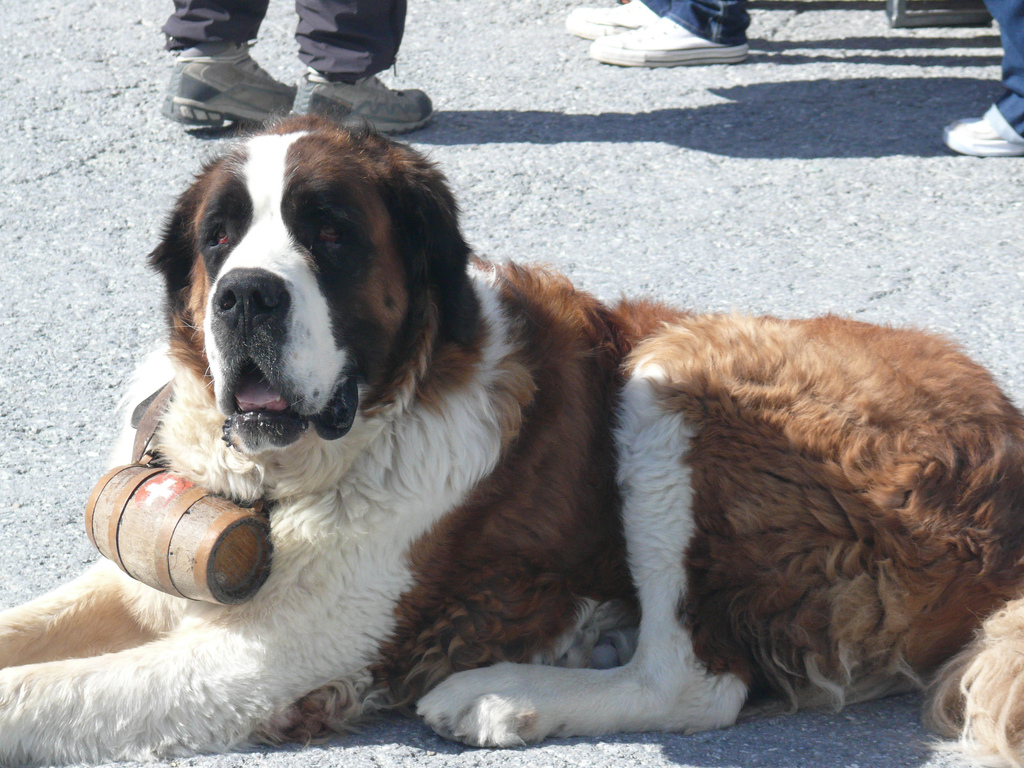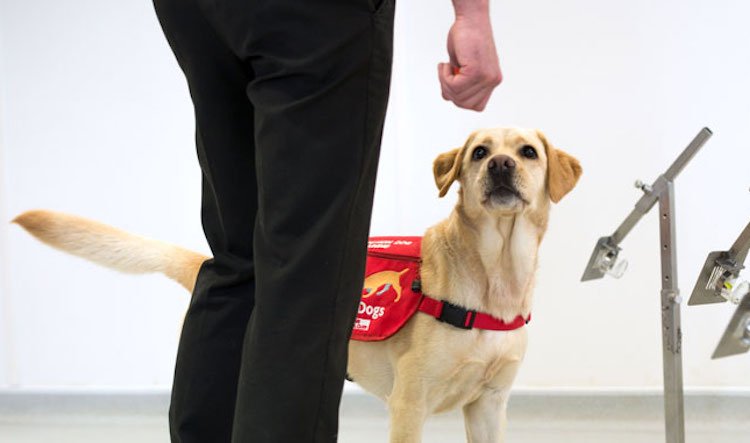Do Bedbug Dogs Work? Yes, and No.
Sorry, but bedbug dog accuracy is not as great as you might think. The dirty little secret in the industry: False positives are rampant.

For the past few years, working canines have been on the front lines of the battle against the bedbug resurgence in the United States.
Trained dogs, surely the heroes of this pest epidemic, are bringing in wads of cash for extermination companies.
But do bed bug dogs work? And just how accurate are they?
A 2008 study from the University of Florida has been held up by the extermination companies as proof positive that bedbug sniffing dogs do work.
The controlled study showed a 97.5% “positive indication rate” and no false positives. The report concluded that “if trained properly, dogs can be used effectively to locate live bed bugs and viable bed bug eggs.”
And that’s all the proof that extermination companies needed.

Don’t leave your pet’s safety to chance
Sign up for Petful recall alerts today.

Now, Exterminators Everywhere Have a Bedbug Dog
The industry has grown exponentially since then, as has the bedbug problem in general. Now many companies across the country have bedbug-sniffing dogs — mostly Beagles, but sometimes Puggles (Pug/Beagle mix) and other breeds. I’ve even seen one company with a Chinese Crested.
Of course, these dogs don’t come cheap.
Extermination companies might spend upward of $10,000 for the dog and some handler training. If you’re an unlucky resident using the services of a sniffer dog, you might wind up paying the exterminator $325 an hour — just for the dog to sniff around your home.
Perhaps the most famous of the bedbug sniffing dogs is Roscoe, a Beagle “canine inspector” for Bell Environmental Services in New York. Roscoe even has his own iPhone app and Facebook page.
No doubt, having a dog is a major selling point for an extermination company in the bedbug business.
Do Bedbug Dogs Work?
Sorry to be the bearer of bad news, but bedbug dogs are not as accurate as you might believe.
I know, I know… that University of Florida clinical study from 2008? It’s proof positive, right?
Well, sure, the numbers were huge, but the 98% accuracy rate doesn’t actually have anything to do with how any particular company’s dog might perform here in the real world.
In fact, the dirty little secret is that false positives by bedbug dogs are rampant in the industry, owing to poor training of dog or handler. The dog might be reacting to cues from the handler, or wanting a treat.
Not to sound conspiratorial here, but let’s say that a company tells you its dog has detected bedbugs in your apartment. Doesn’t it stand to benefit financially from the extermination costs? So, a false positive would work in the exterminator’s favor.
A New York Times article highlighted the problem, with an entomology professor conceding, “Many pest control companies have the same frustration … that they often follow behind dogs that are indicating bedbugs, and they can’t find anything.”
Bell Environmental responded to that article by saying that it informs customers that there is no physical evidence of bedbugs even though the dog might have indicated their presence. The choice to exterminate is then left to the resident (or landlord).
Doug Summers of BedBug Dog, in Safety Harbor, Florida, says, “Dogs can be distracted by a number of factors: people in the room, other pets, food smells, litterboxes and other attractive scents.”
He adds: “An established infestation is usually obvious to the dog. A single bug is easier to miss. We expect a 90%-plus accuracy, but a false negative is always possible.”
Conclusion
I believe there should be an industry-wide, independent certification process for bedbug dogs and trainers.
Also, don’t assume that just because a dog has indicated a “positive” result for bedbugs in your apartment, you actually have them. Use your due diligence.
One handler tells me that training a dog to sniff bedbugs is only slightly easier than training a dog to smell cancer.







